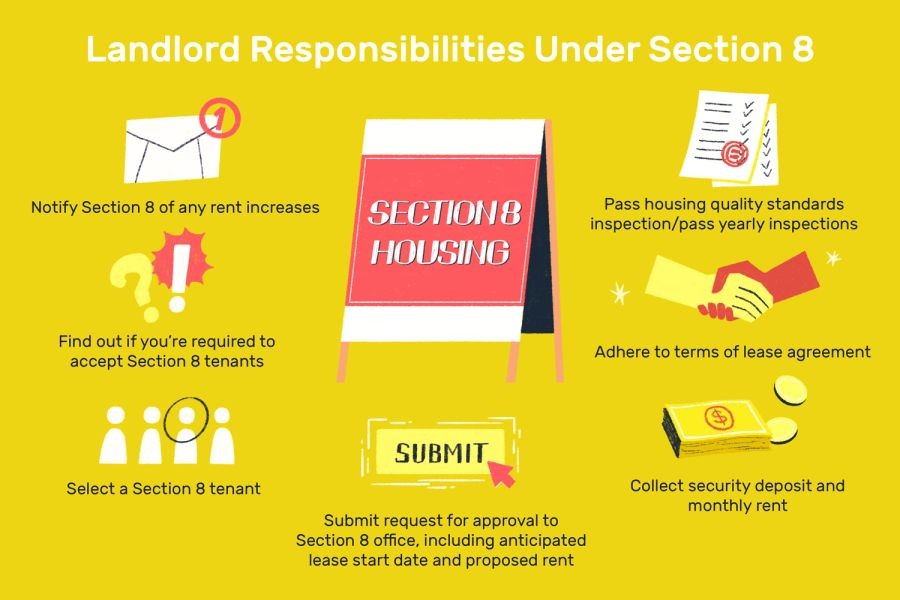New Zealand, with its breathtaking landscapes and unique biodiversity, has become a prime destination for eco-tourism. This sector not only enhances the nation's tourism appeal but also plays a crucial role in promoting sustainable practices within the industry. As a Sustainability Consultant, understanding the intricacies of eco-tourism in New Zealand is essential for advising businesses on how to integrate environmental consciousness into their operations.
eco-tourism: A Growing Force in New Zealand’s Economy
eco-tourism in New Zealand has experienced significant growth over the past decade. According to the Ministry of Business, Innovation, and Employment (MBIE), international visitor spending reached over NZD 11 billion in 2019, with a substantial portion attributed to eco-tourism activities. This growth is not just a boon for the economy but also a testament to New Zealand’s commitment to preserving its natural heritage.
Case Study: PurePods – Sustainable Luxury
Problem: PurePods, a New Zealand-based company, faced the challenge of offering a luxurious yet environmentally sustainable accommodation experience.
Action: To address this, PurePods constructed its accommodation units using sustainable materials and designed them to minimize environmental impact. The pods are completely off-the-grid, using solar power and rainwater collection systems.
Result: Since its inception, PurePods has reported a 65% increase in bookings annually. Their commitment to sustainability has not only attracted eco-conscious travelers but also set a benchmark in the luxury accommodation sector.
Takeaway: This case highlights how integrating sustainability into business models can lead to increased profitability and brand differentiation.
Data-Driven Insights: eco-tourism Trends in New Zealand
According to Stats NZ, domestic tourism expenditure increased by 7.4% in 2021, with eco-tourism being a significant contributor. This trend indicates a growing preference among both international and domestic travelers for eco-friendly travel options.
Pros and Cons of eco-tourism
✅ Pros:
- Environmental Preservation: eco-tourism initiatives help conserve natural habitats and wildlife.
- Economic Benefits: Generates revenue for local communities and creates job opportunities.
- Cultural Exchange: Promotes cultural understanding and appreciation.
❌ Cons:
- Over-Tourism Risks: Popular eco-tourism sites may experience environmental degradation.
- Resource Intensive: Initial investments in sustainable infrastructure can be high.
- Regulatory Challenges: Navigating compliance with environmental regulations can be complex.
Myths & Misconceptions About eco-tourism
Myth: eco-tourism is too expensive for the average traveler.
Reality: While some eco-friendly options may be pricier, many eco-tourism activities are affordable, focusing on low-impact experiences.
Myth: eco-tourism is only for nature enthusiasts.
Reality: eco-tourism offers diverse experiences, catering to adventure seekers, cultural enthusiasts, and those seeking relaxation.
The Future of eco-tourism in New Zealand
Looking ahead, eco-tourism in New Zealand is poised to become even more integral to the tourism industry. The government’s focus on sustainability, coupled with increasing consumer demand for eco-friendly travel options, will likely drive innovation and investment in this sector. By 2026, it is predicted that eco-tourism will account for a significant portion of New Zealand’s GDP, further solidifying the nation’s reputation as a leader in sustainable tourism.
Conclusion
eco-tourism in New Zealand offers a unique opportunity for businesses to align with global sustainability trends while contributing to the economy. As the sector continues to grow, businesses must adopt sustainable practices to remain competitive. Whether through innovative accommodations like PurePods or by supporting local conservation efforts, the potential for impact is significant.
Are you ready to embrace eco-tourism in your business strategy? Explore how sustainable practices can enhance your operations and contribute to New Zealand’s thriving eco-tourism sector.
People Also Ask
- What are the benefits of eco-tourism in New Zealand? eco-tourism boosts local economies, preserves natural habitats, and promotes cultural exchange.
- How can businesses in New Zealand integrate eco-tourism? Businesses can adopt sustainable practices, invest in eco-friendly infrastructure, and support local conservation initiatives.
Related Search Queries
- eco-tourism strategies in New Zealand
- sustainable travel trends 2023
- Impact of tourism on New Zealand's economy
- Eco-friendly accommodations in New Zealand
- Conservation efforts in New Zealand































